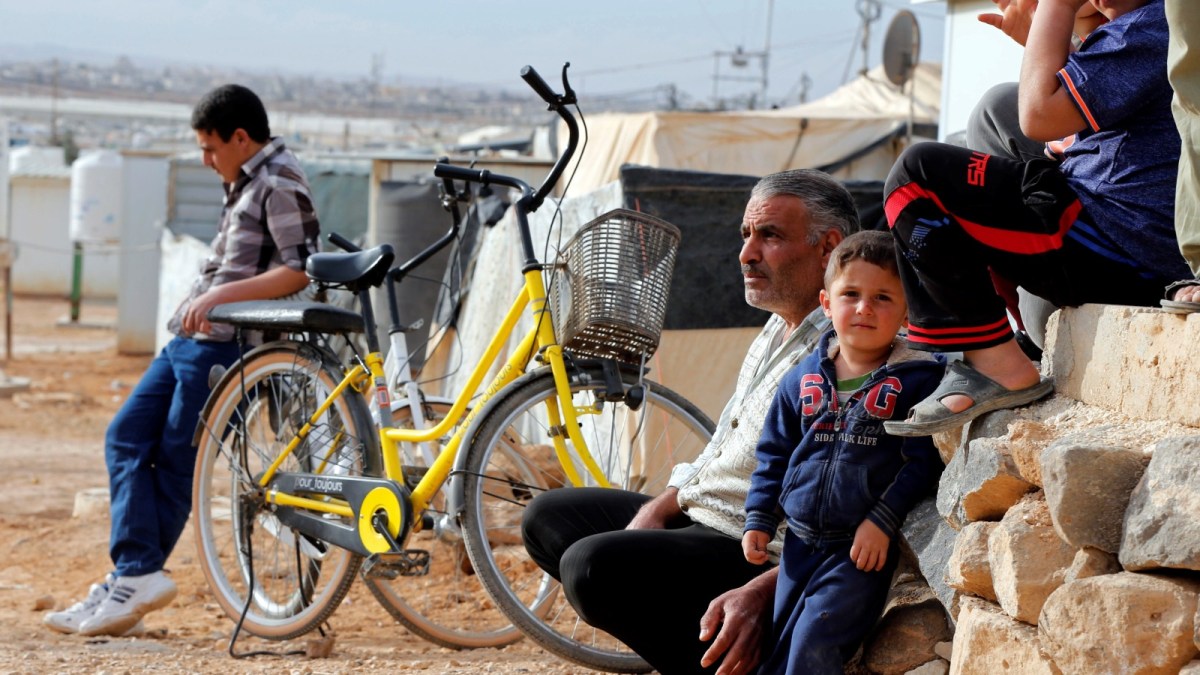The French newspaper La Croix said that Jordan hosted a regional meeting on the first of May, in which participants stressed that the voluntary and safe return of Syrian refugees to their country has become an absolute priority.
That meeting focused on the return of Syrians who fled their country during the war, in conjunction with a wave of normalization with the Syrian regime that reflects the keenness of the countries of the region to return Syrians to their homes, she said.
In a report by Julie Conan, the newspaper discussed in three questions the reason for the current pressure for the return of these refugees:
First, have Syrian refugees become unwanted in neighboring countries?
The issue of the "voluntary" return of Syrian refugees is no longer taboo in neighboring countries hosting a total of 5.6 million refugees, most of whom (more than 3.6 million) are in Turkey, while every 4 of Lebanon's residents are Syrian, in addition to 675,1 Syrians registered with the United Nations in Jordan, although Amman estimates them at 3.<> million.
Since the Covid crisis and the economic consequences associated with the Russian invasion of Ukraine, some countries have sought to expel Syrian refugees under the pretext of relative calm in their country.
The "consultative" meeting, which included the heads of Jordanian, Syrian, Saudi, Iraqi and Egyptian diplomacy, described the "voluntary and safe return of Syrian refugees to their country as the absolute priority," she said.
Second: What does this trend have to do with the ongoing normalization with the Syrian regime?
After more than a decade of war and the deaths of half a million Syrians, the pace of normalization with the Syrian regime has accelerated, especially after the earthquake in southern Turkey and northern Syria and the rapprochement between Riyadh, which supported rebel groups, and Tehran, the patron of Damascus.
The correspondent pointed out that Damascus is not the only one that sees an interest in this normalization, but that every neighboring country finds an interest in it, as Jordan sees the return of refugees to their country as a solution to the security problem posed by the smuggling of weapons and drugs from Syria along the border between the two countries.
Third: Are the conditions conducive to the return of these refugees?
NGOs regularly warn against the "forcible return" of refugees to Syria, and Amnesty International has called on Lebanon to "stop illegal deportations" for fear of being subjected to "torture and persecution" by the Syrian government upon their return, especially as the necessary conditions for safe and peaceful return are not yet in place.

